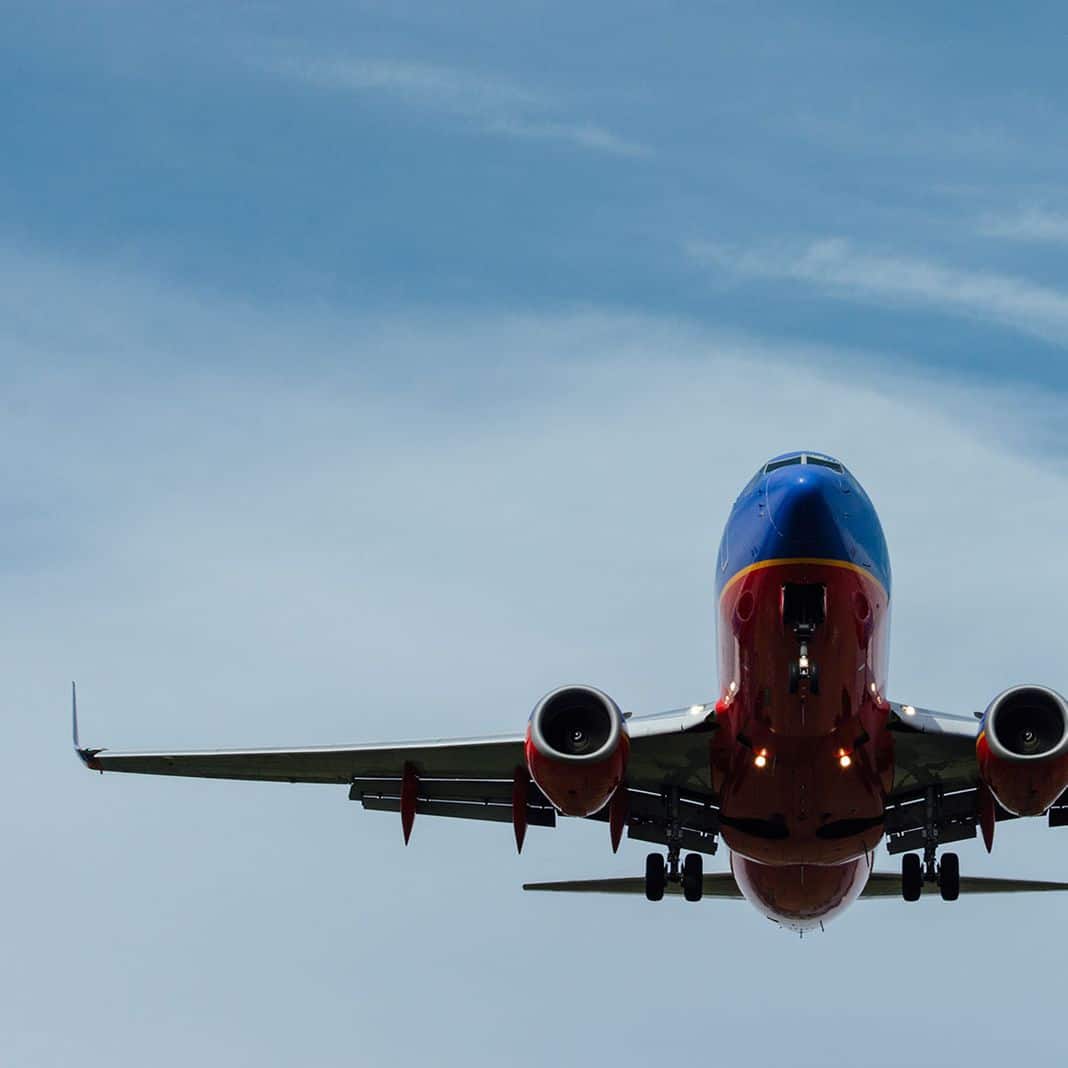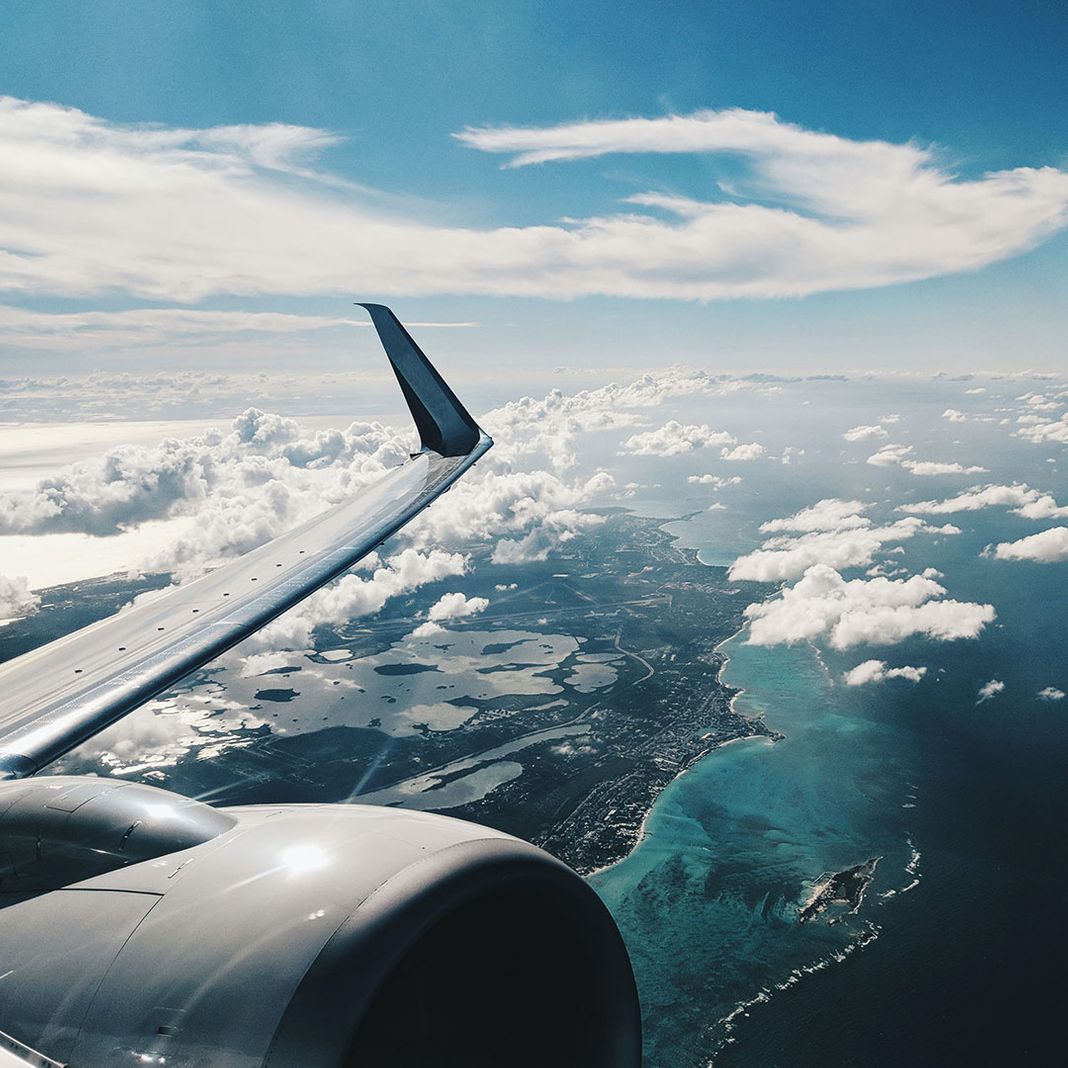Aviation Fuel Facts You Need To Know
Here at Vortex Systems, we know that aviators need to know their aircraft inside and out. We offer a line of test systems for diagnostics and maintenance, to help mechanics know their crafts better. Here are a few facts about what really lets planes get off the ground: their fuel.

AVIATION FUEL IS HELD TO HIGH STANDARDS
First and foremost, aviation fuel must meet very strict quality standards to ensure the safe operation of aircraft. All aviation fuel is produced to the same quality standards, regardless of the region in which it is produced. This ensures that aircraft can fly safely and reliably with the same fuel wherever they go.
HOW AVIATION FUEL IS DIFFERENT
Another important fact about aviation fuel is that it is composed of different hydrocarbons. Jet fuel is mainly composed of kerosene, a light hydrocarbon, while aviation gasoline, or avgas, contains a combination of leaded and unleaded fuel. Both types of fuel are used in aircraft.


AVGAS IS A HIGH VALUE COMMODITY
Aviation fuel is also quite expensive, due to its high-quality standards and the cost of transporting it. The cost of aviation fuel is typically higher than that of other fuels, such as automobile fuel. However, the cost of aviation fuel is offset by its efficiency and safety, which make it worth the price.
AVIATION FUEL AND SAFETY
Avgas is highly flammable, like most types of gasoline, but it is subject to even stricter safety standards than most fuels. All aircraft must be equipped with fire suppression systems, and all personnel working with aviation fuel must be properly trained in its use. Additionally, aircraft must be inspected regularly to ensure that no fuel leaks are present.

